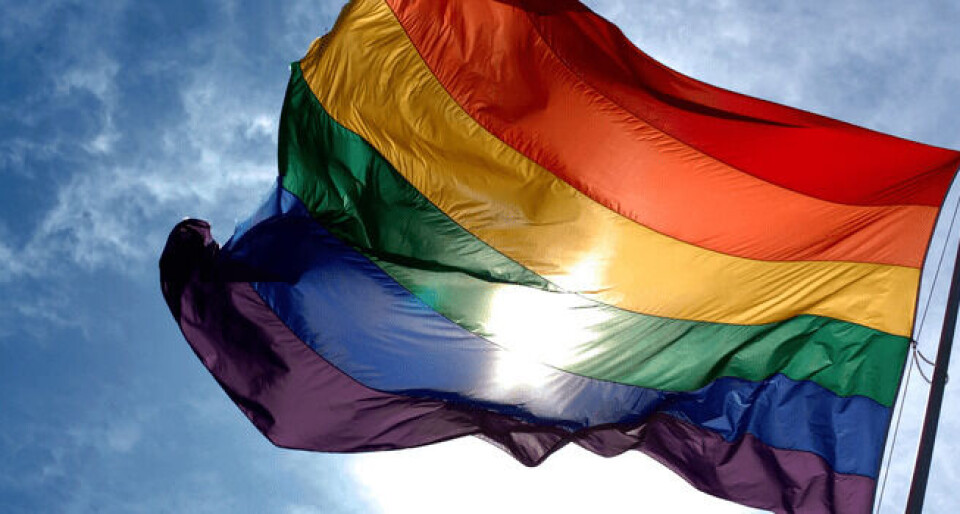Anyone found sponsoring such activities will be subject to a minimum sentence of six months and a maximum of three years. Sam George, a member of parliament and co-sponsor of the bill, imposed these stricter penalties to enforce legal compliance.
The House is gradually inching closer to passing the bill that proposes a ten-year sentence for persons advocating for LGBTQ+ rights and conversion therapy for the LGBTQ+ community. Gay sex in Ghana is already punishable under the penal code established during British colonial rule.
The bill garnered both support and criticism within Ghana and beyond. Its proponents argue that it aligns with traditional cultural and religious values in the country. They contend that such laws are necessary to preserve the moral fabric of Ghanaian society. “The science and the facts establish the fact that homosexuality is not behavioural, and I can take anybody on that debate,” argued George.
Meanwhile, critics have condemned the bill as a violation of human rights and an affront to individual freedoms. International human rights organisations have expressed deep concern over the potential impact of these harsh measures on the LGBTQ+ community in Ghana.
Amnesty International’s Director, Genevieve Partington, has raised concerns about the ambiguity of some clauses in the bill, highlighting the detrimental effect they will have on those targeted. “A grossly indecent act is not clearly defined. Is holding hands with someone of the same sex a grossly indecent act? It’s very ambiguous; it is vaguely defined,” she argued.
Human rights researcher Dr Michael Gyan Nyako has also said it is unfair to criminalise sexuality. His sentiments align with those of Deputy Majority Leader Afenyo Markin, who objected to the bill’s passage at the final stage of reading in the House. Markin contended that the proposed bill would encourage sodomy within prison facilities. He proposed replacing prison sentences for homosexuals with non-custodial ones. His intervention prevented the immediate passage of an anti-LGBTQ bill, but he withdrew his proposals after the House voted against them.
Following months of public debate and ratification, all 275 legislators consented to passing the bill, but it has been at the consideration stage for months. George blamed the majority in the caucus for deliberately frustrating attempts to pass the bill, but the MP has asserted that the bill will be passed by March, barring any unforeseen circumstances.
Parliamentary deliberations on the anti-LGBT bill coincide with a surge in violence against the LGBTQ+ community. According to the Ghana Commission on Human Rights and Administrative Justice, 52 cases of abuse were recorded between 2019 and 2021. Rightify Ghana, an organisation that advocates for sexual and gender minorities in Ghana, has recorded several accounts of people believed to identify as LGBTQ+ being evicted from their homes. More than half of sub-Saharan countries have laws criminalising homosexuality, and some of these countries enforce the death penalty under sharia law, although Human Rights Watch says no recent executions have been reported. Other African countries, such as Angola, are in the process of decriminalising same-sex relationships through a penal code.
To join Africa Legal's mailing list please click here

